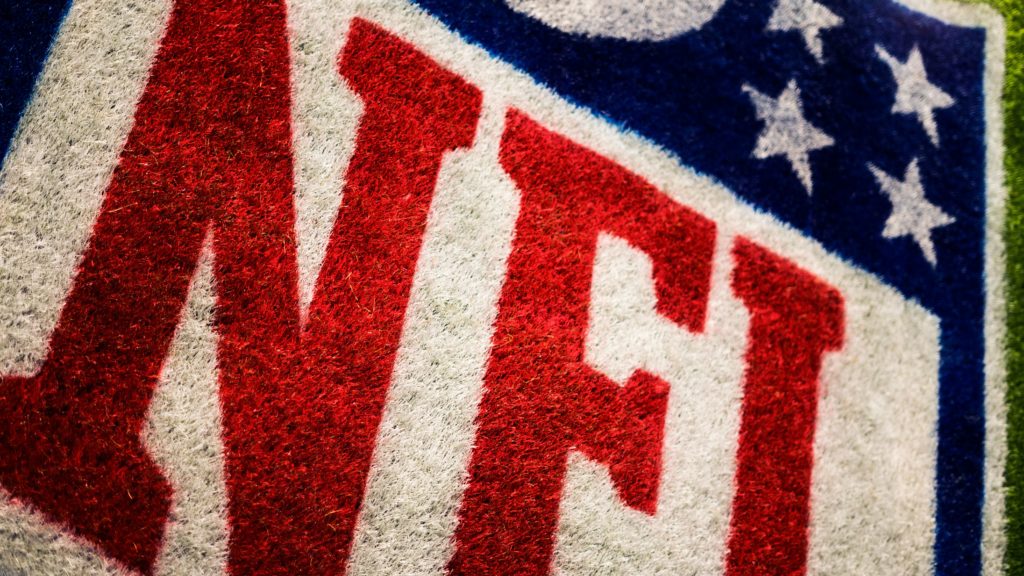California’s False Advertising Laws and the “On Sale” Price
Most consumers like a bargain. Businesses understand that people are more likely to respond to advertisements for products and services that are “on sale.” However, please be aware that, according to California advertising law, the promotional sale price must actually reflect a discount from the original price. This means that the particular item must have […]
California’s False Advertising Laws and the “On Sale” Price Read More »





